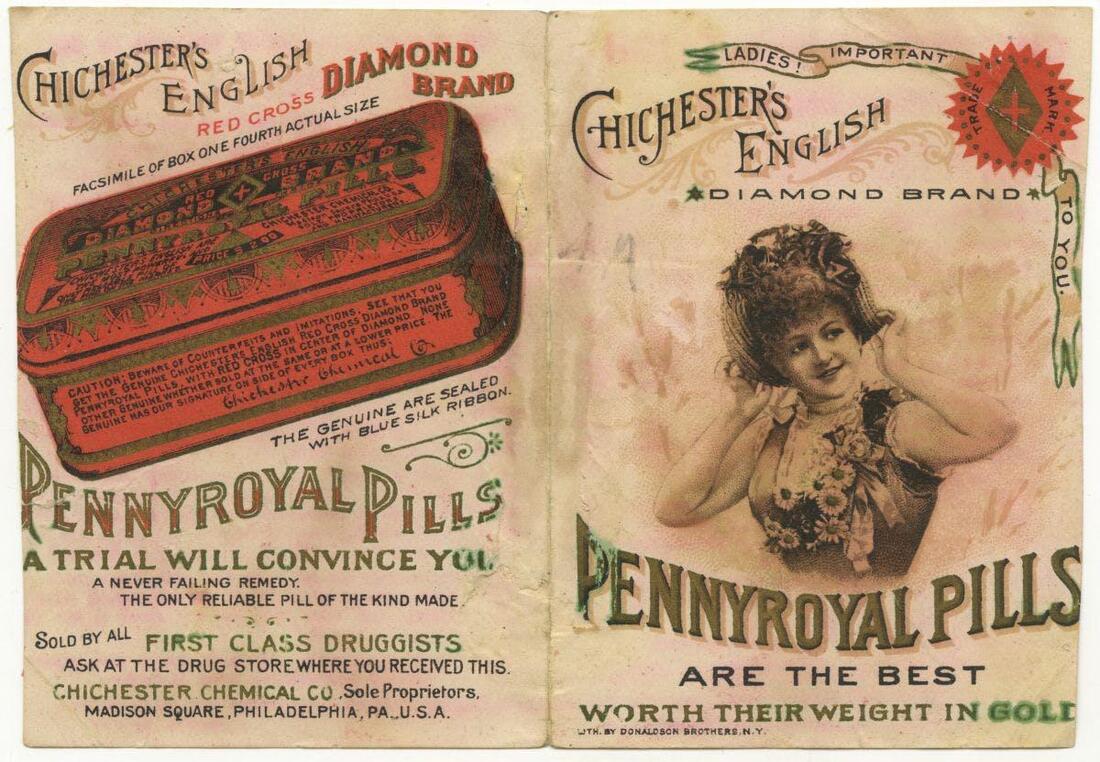|
How did our Founders view abortion when they wrote the Constitution? I doubt they gave it much thought. Morning sickness and lack of monthly bleeding were female ailments, best left to wives and midwives. How carnal knowledge related to childbirth was a mystery. The first sign of growth in the womb came at four or five months with “quickening,” when the mother felt the baby move. Perhaps that’s when a piece of the mother’s body broke free or the male seed sprouted. Perhaps disrupted cycles cracked the shells in which babies had waited since Creation, nested inside each other like a Russian doll.
As in British common law, ending a pregnancy or “restoring the menses” was legal in America before quickening but not afterward. It was often done with herbs or patent medicines, and was most common among married, middle- or upper-class white Protestant women. Disapproval was reserved for unmarried women and Catholics, guilty of sex outside wedlock or for purposes other than procreation. The American Medical Association, founded in 1847, campaigned to prohibit ending a pregnancy before quickening. Why? Some say it was to protect women from poison by unregulated abortifacients; or to wrest control of women’s health from midwives; or to counter the declining white Protestant birthrate in reaction to rising immigration. By 1880, all states had laws to restrict abortion. The science of conception was still unfolding; DNA lay decades in the future. Laws against abortion, like those on contraception, were more about public morals than what was happening in the womb. Does it matter what the Founders believed? Would they have thought differently if they knew what science later revealed? Should a notion of long legal tradition give more weight to the laws of 1820 or 1880? These are questions of public policy and judicial interpretation, not my sphere today. I’ll only say, if the cultural and legal history of abortion has a role in the discussion, let’s at least get the history right.
2 Comments
Geoff
7/15/2022 09:13:19 am
Will there be historians in the 22nd century? Will they forgive our primitive science? Probably. Our primitive morality?
Reply
7/16/2022 06:33:47 am
The historians may forgive us, in spite of living with long-term consequences. The politicians will argue about what was traditional way back in the 2020s and how closely they must follow that primitive tradition.
Reply
Leave a Reply. |
AuthorI'm a historian who writes novels and literary nonfiction. My home base is Madison, Wisconsin. Archives
July 2024
|

 RSS Feed
RSS Feed